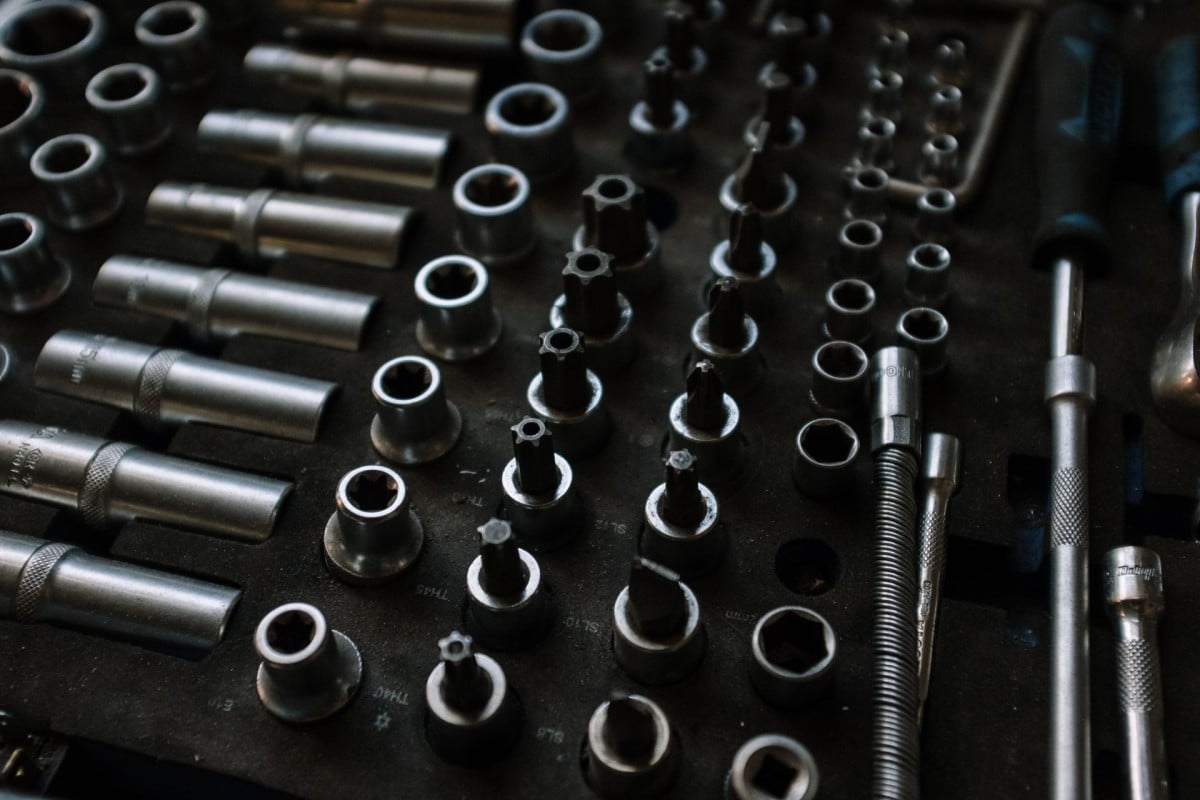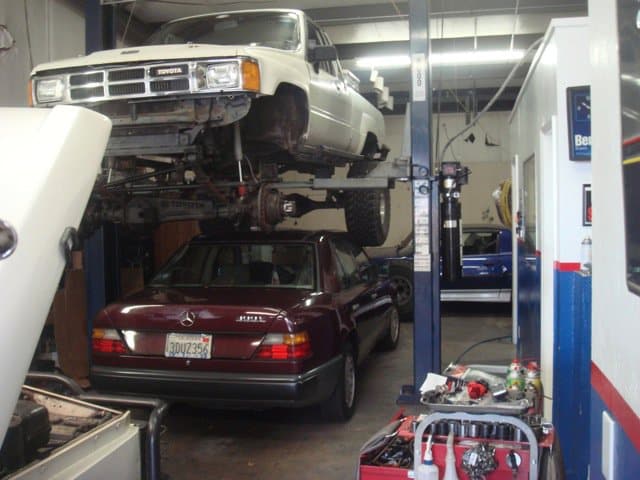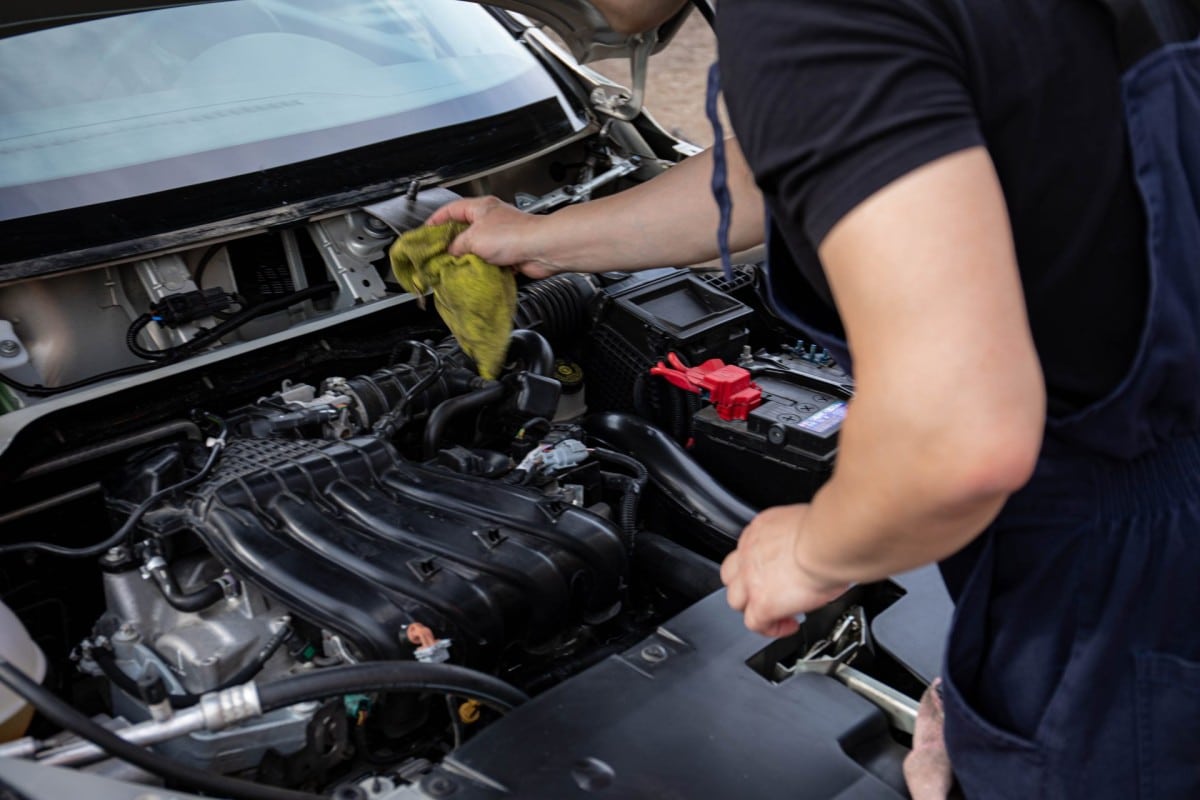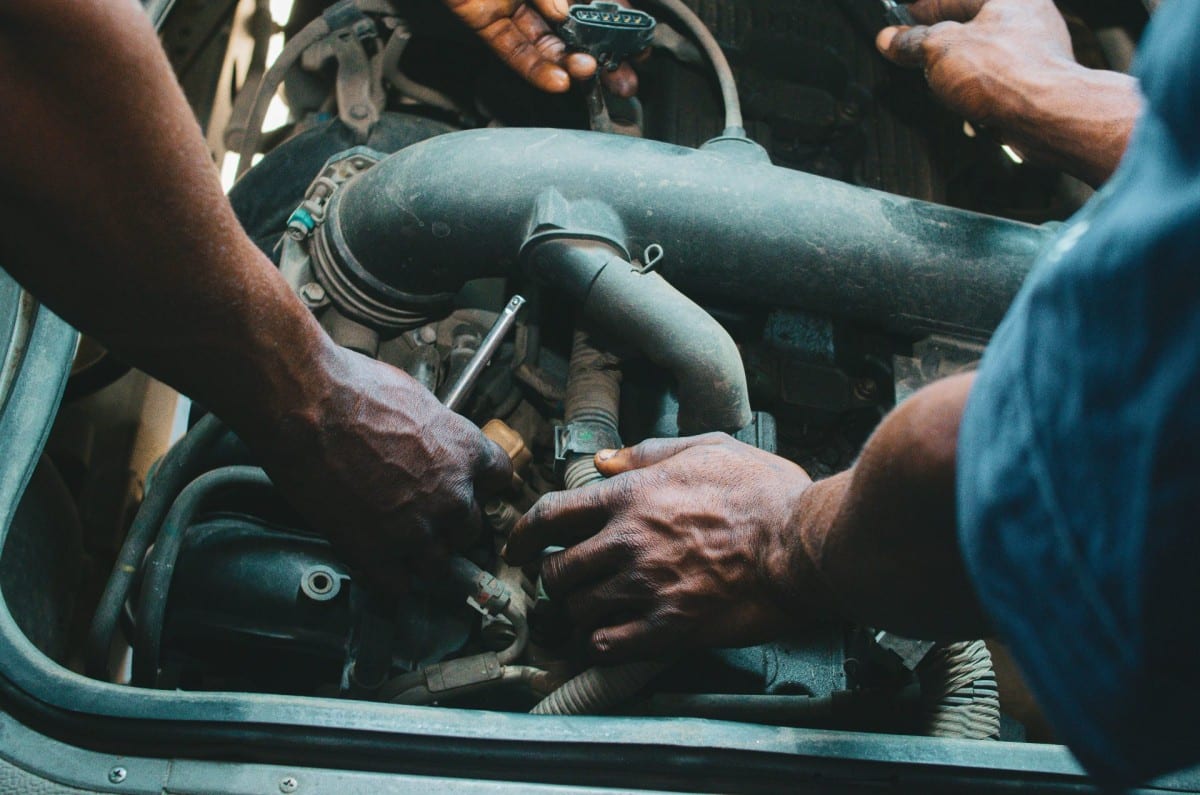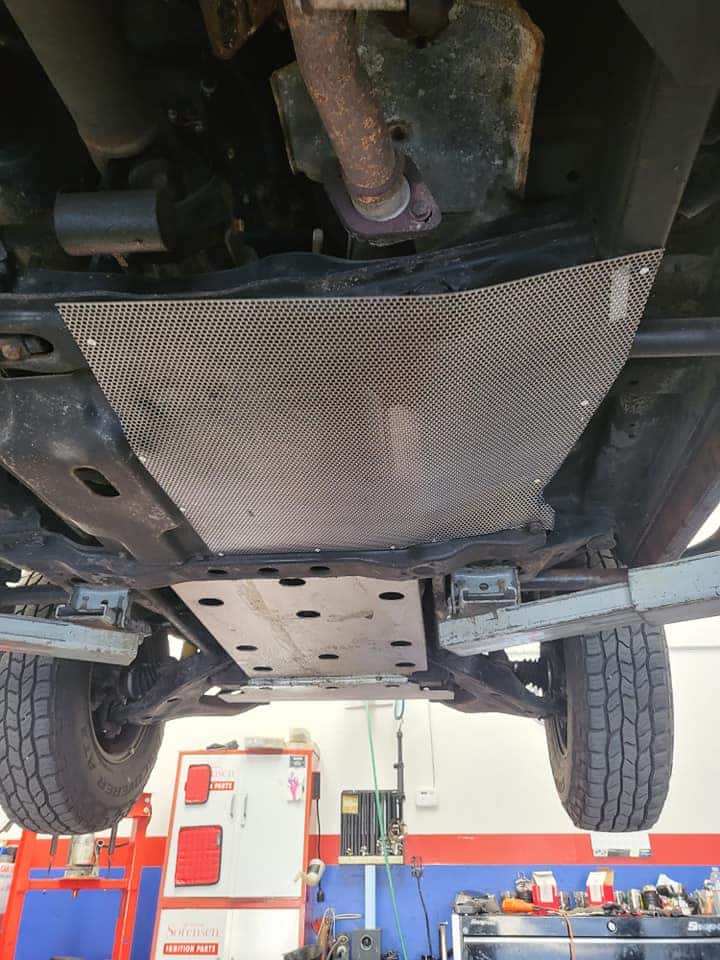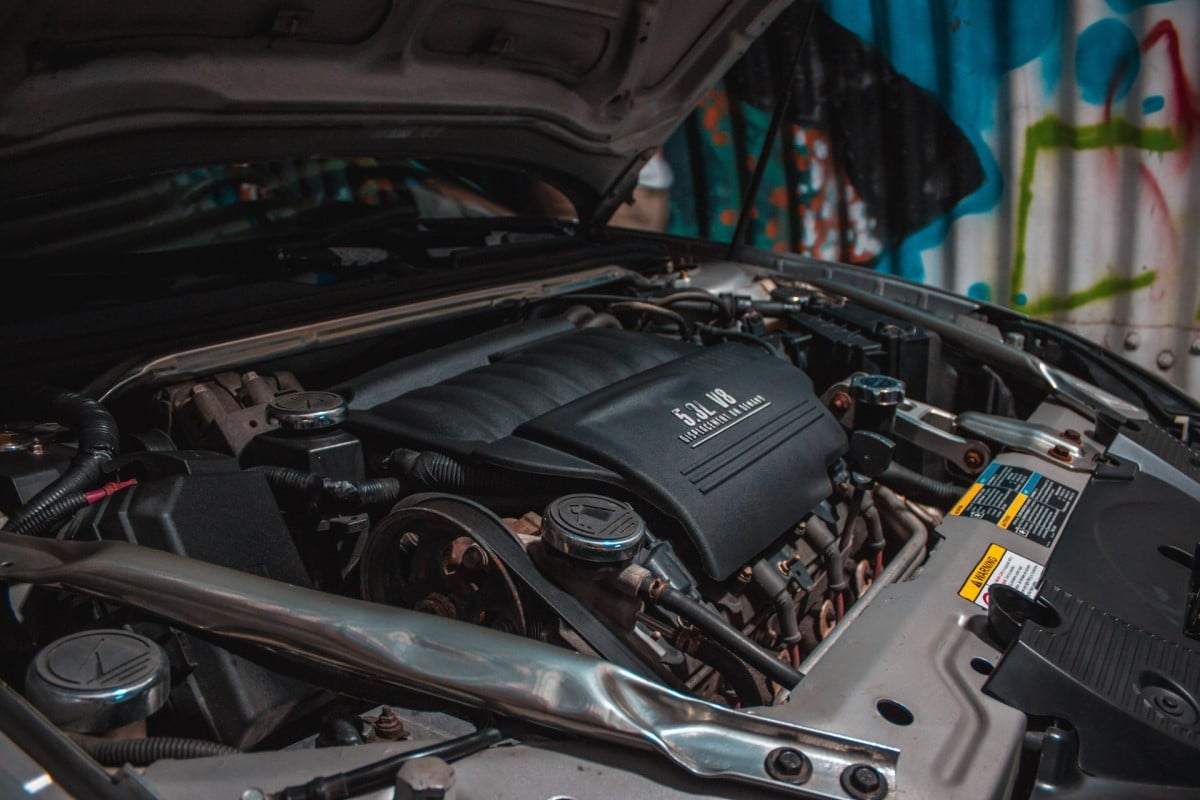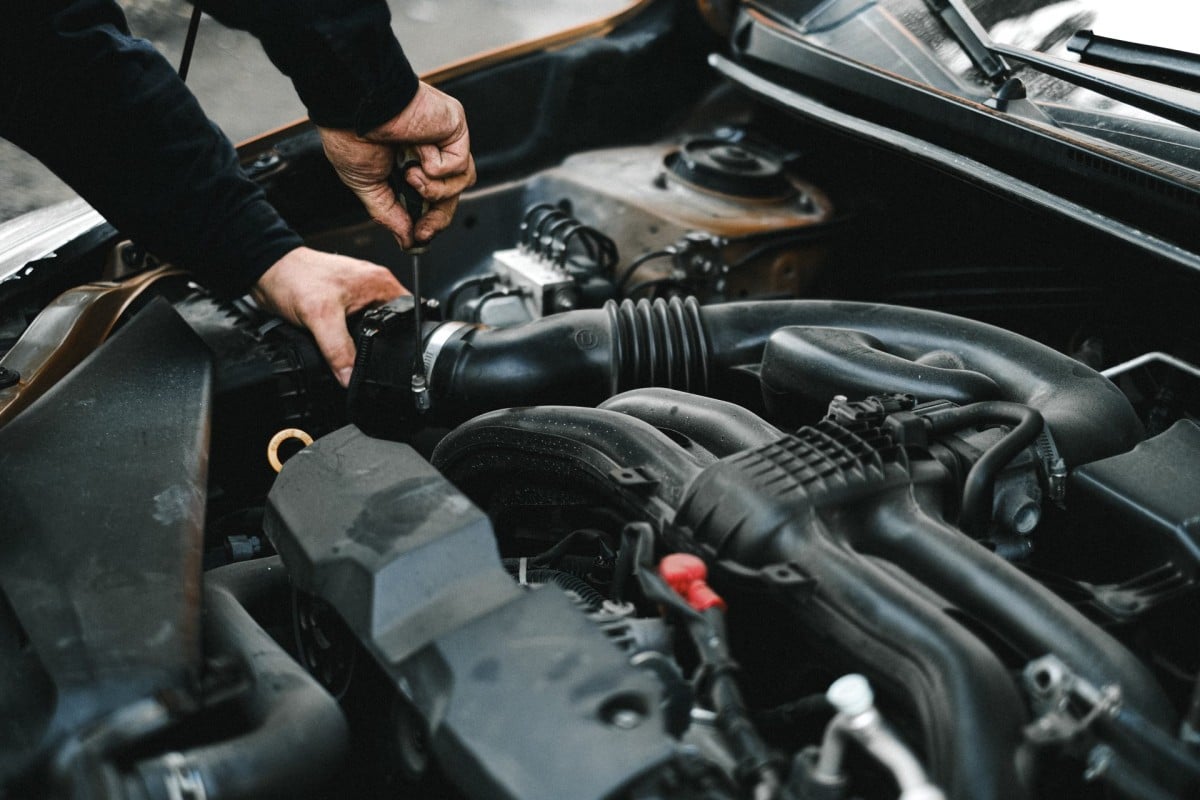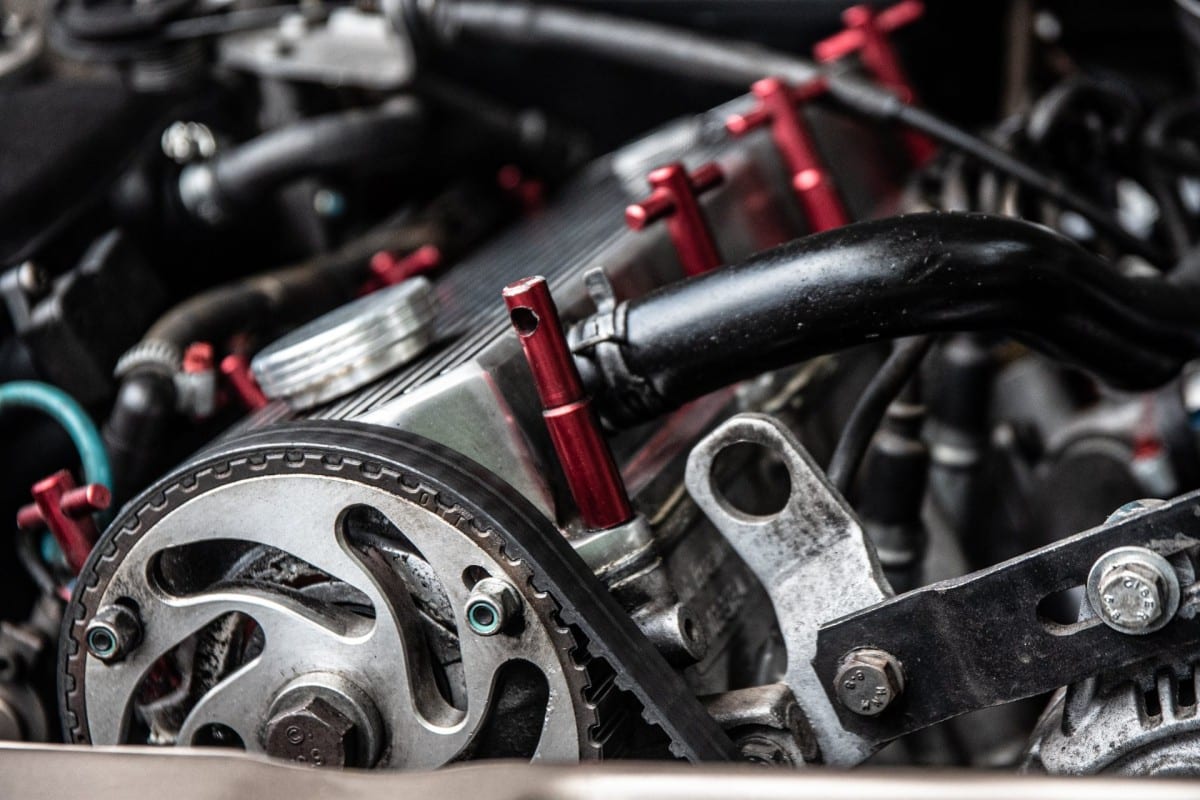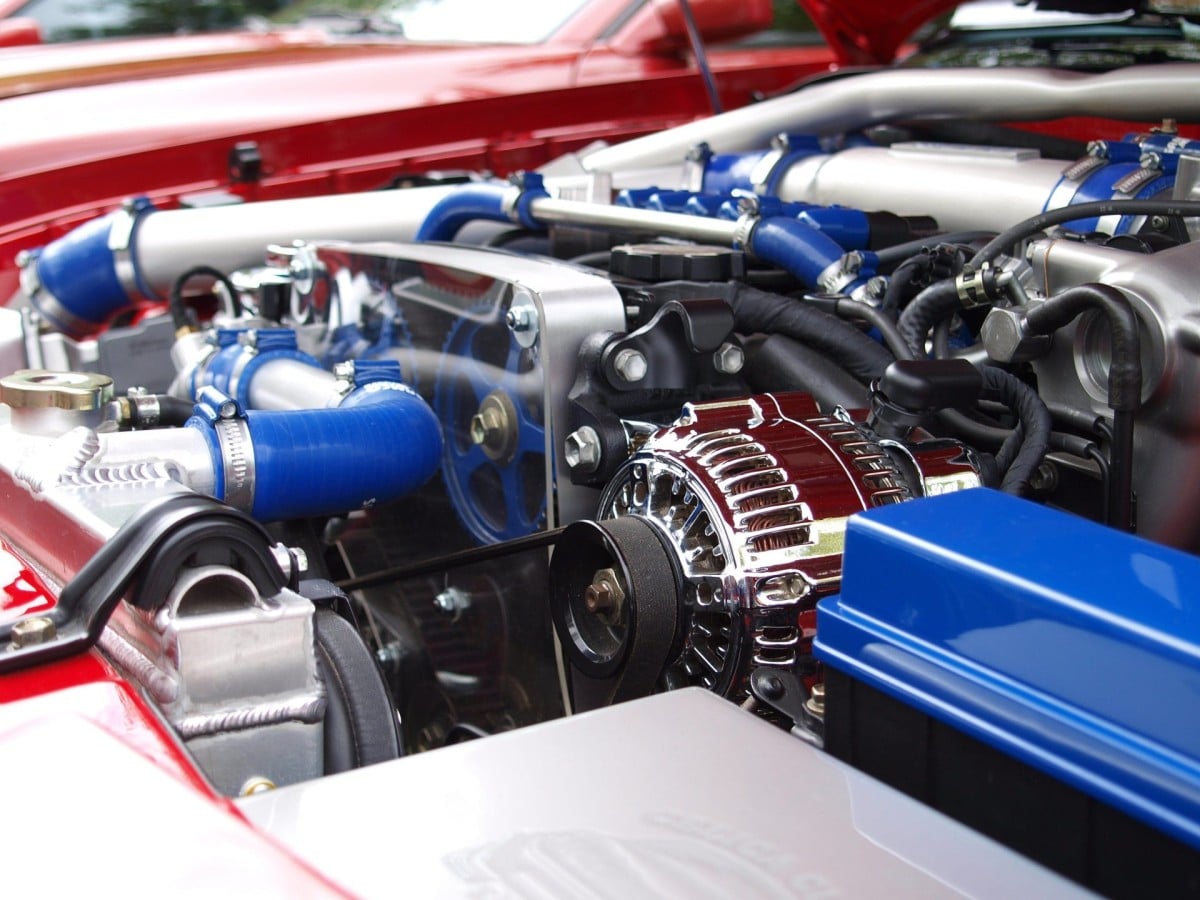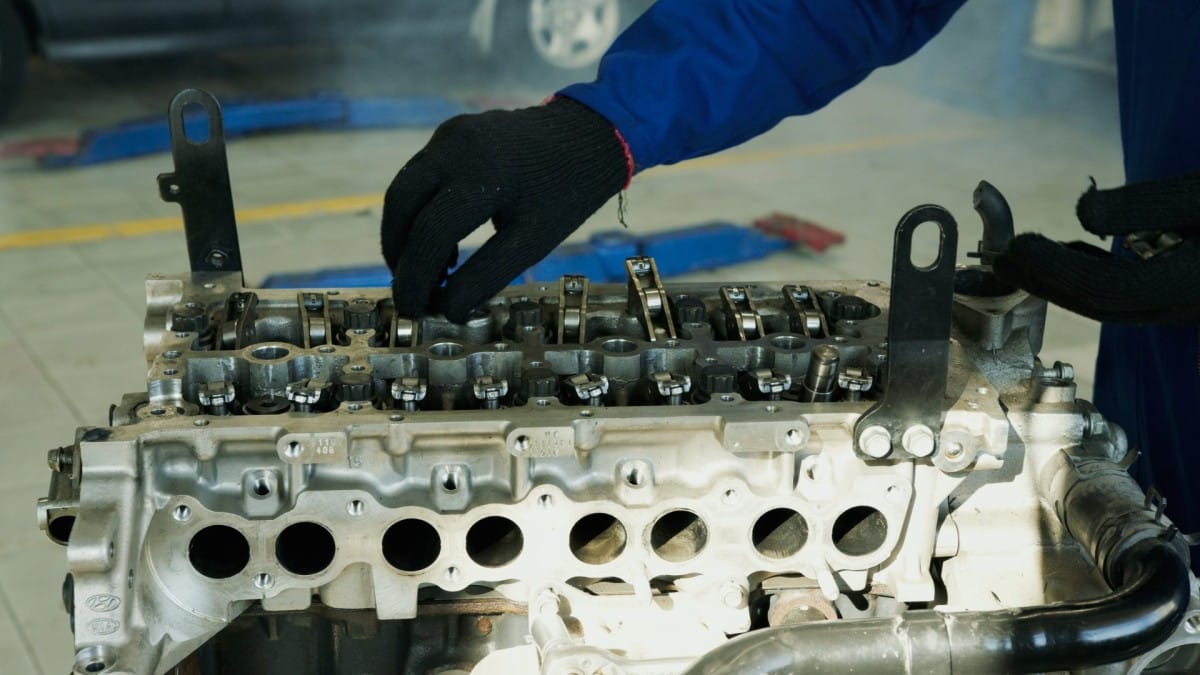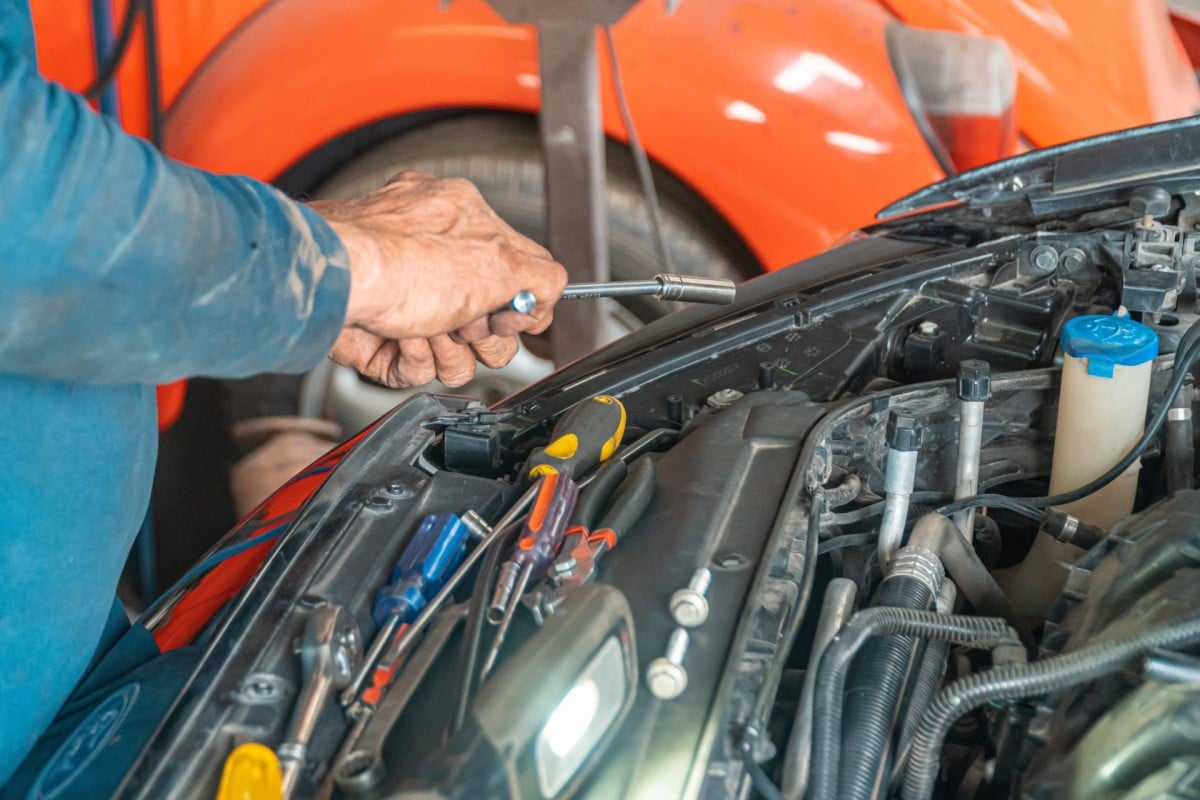Life on the road can be unpredictable. Whether you're just heading out for a quick run to the grocery store or embarking on a cross-country road trip, every drive comes with its own set of potential hazards. One of the most common, yet preventable, roadside troubles: a flat tire. You might think flat tires are just a fact of life, but did you know that keeping an eye on your tire pressure can help you avoid this inconvenient situation?
Understanding Tire Pressure
Tire pressure, measured in pounds per square inch (PSI), is the amount of air that's inside your tires. It plays a vital role in your vehicle's overall performance and safety. It's not just about ensuring a smooth ride; it's about ensuring a safe ride, too.
When tire pressure is too low, it can cause the tire to overheat due to increased friction between the tire and the road. This can lead to premature wear, tread separation, and ultimately, a flat tire. Conversely, too much pressure can make the tires less able to absorb road shock, leading to a rougher ride and increased risk of damage from road hazards.
How to Check Tire Pressure
Checking your tire pressure isn't a complex task. Today's vehicles come with a handy Tire Pressure Monitoring System (TPMS) that alerts you when the pressure has dropped below the recommended level. However, these systems aren't foolproof, and it's still a good idea to check your tire pressure manually on a regular basis.
To do this, you'll need a tire pressure gauge. Simply remove the valve cap from your tire, attach the gauge, and take a reading. Compare this reading with the manufacturer's recommended PSI (usually found in your vehicle's manual or on a label inside the driver's door), and adjust accordingly. Remember to check all four tires, as pressure can vary between them.
How Often to Check Tire Pressure
As a rule of thumb, you should check your tire pressure at least once a month. However, it's a good idea to check more frequently if you drive long distances regularly, frequently carry heavy loads, or if the weather fluctuates widely in your area. Remember, for every 10 degrees of temperature change, your tire's PSI can change by about 1 PSI.
The Importance of Tire Pressure Maintenance
Maintaining proper tire pressure is not just about avoiding a flat tire. It impacts your vehicle's fuel efficiency, its handling, and braking performance. It can also extend the lifespan of your tires, saving you money in the long run. Most importantly, it contributes to your overall safety on the road.
Don't let a flat tire ruin your day. Start monitoring your tire pressure regularly and enjoy a safer, smoother ride. If you need help checking your tire pressure or have any other auto maintenance needs, reach out to our team. We're here to keep you rolling safely through Bennett Valley and beyond. Book your appointment today with Sartorial Auto Repairs and ensure you're always ready for the road.


